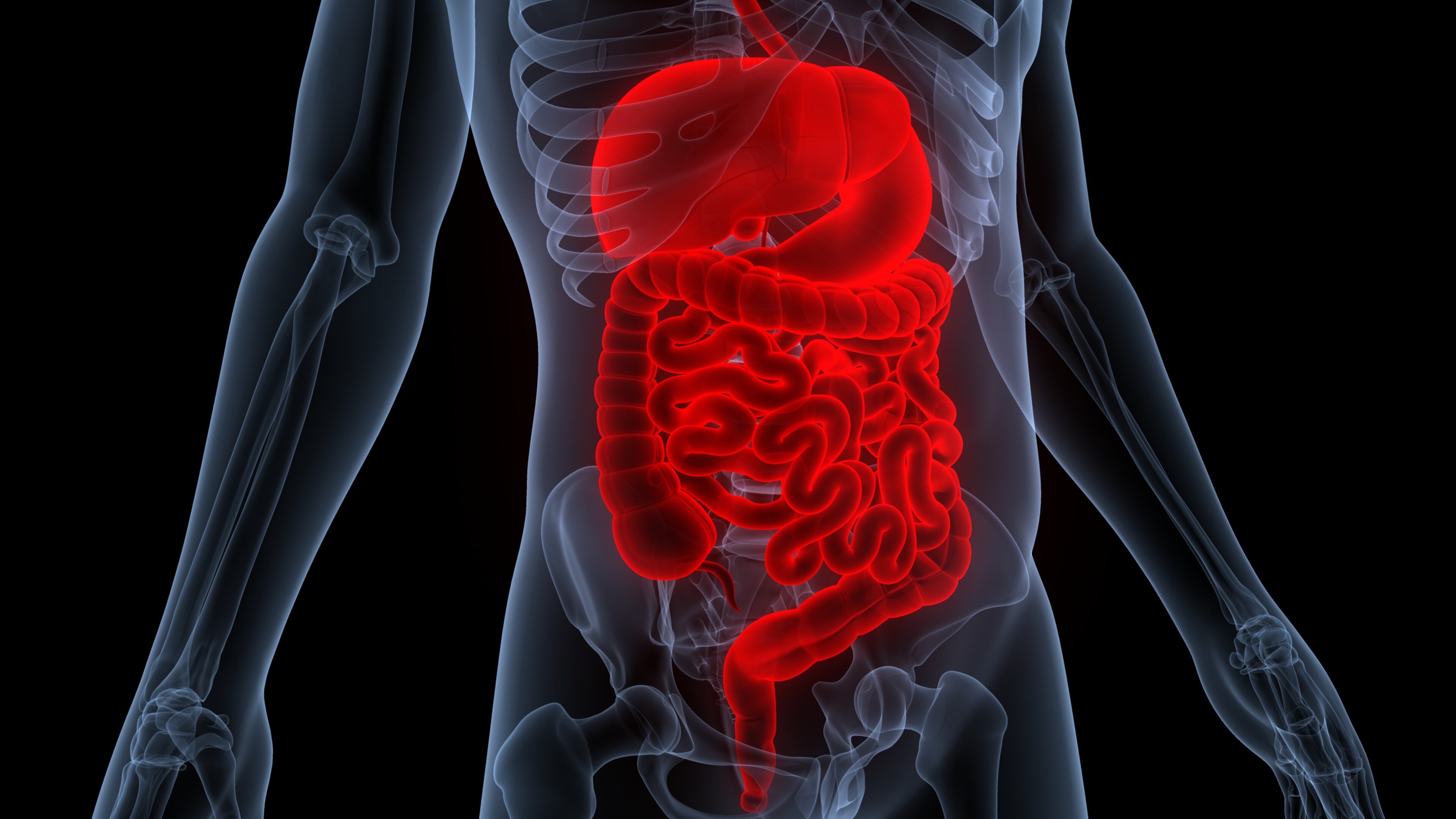The unique model is the only one of its type to include a constructed mucus gel, meaning it can simulate all three stages of the digestion process—from substances passing through the gut, crossing the mucus layer on its surface and being absorbed into the body—to provide companies essential insight into how their product performs.
"In the past, there were digestive models and models of absorption, but the mucus in the GI tract is really important for protecting the delicate epithelial cells from the enzymes and bile," Dr. Peter Chater, CEO at Aelius Biotech, told NutraIngredients. "This is what happens in vivo, but no model could properly replicate this."
The company—a spin-out of the University of Newcastle founded in 2018—is led by a team of human physiologists boasting more than 100 years of combined GI research and over 200 peer-review publications. The co-founders had been working under the tuition of Prof. Jeff Pearson, an expert in molecular physiology, mucus, pepsin and gastroeosophageal reflux, who is now the firm's chief science officer.
"We’ve used our somewhat niche insights into mucus to create a model that finally bridges the gap between basic in vitro research and human trials," Dr. Matt Wilcox, COO at Aelius Biotech, explained.
In addition to digestion, dissolution, absorption rate, mucus permeation and bioavailability, the model can analyze a product or ingredient’s toxicity, enzymatic activity, carbohydrates, proteomics, amino acids, sugars and fatty acids.
"Our model can be scaled up or down," Dr. Wilcox added. "If the client wants to look at their formulation with a specific ingredient, then we can look at that in detail or they can test a final formulation with or without meals—comparing fed and fasted state responses.”
Case studies
Dr. Wilcox noted that Aelius Biotech's unique capability to simulate enzymatic and chemical digestion from the mouth to the small intestine was used to support baked goods brand Modern Baker to assess the impact of its bread samples on glucose release. This helped the firm to optimize a proprietary blend of active healthy fibers to reduce glycemic response.
“We showed their fibre formulation enhanced the nutritional profile of their product to significantly reduce the glucose spike,” Dr. Wilcox said.
The team can also work with clients to design and run human trials, such as the recent pilot study for Huel, in which 30 participants consumed Huel powder exclusively for four weeks to discover the health impact of the product.
Analyses included blood sampling, body mass index (BMI), visceral adipose tissue and body composition testing
Some of the noted health improvements during the trial included: decreased body weight, fat mass and BMI; improved blood glucose markers, improved cholesterol status; increased vitamin D, B12, iron and selenium; and alignment of potassium and vitamins A and E to RDA range.
Plans for expansion
The firm raised £1.25 million via Mercia Ventures at the end of 2023, which the team is now using to scale up its service for the food and pharma industries.
"There is increasing demand for laboratory testing services but companies are trying to move away from the use of animals," Chris McCourt of Mercia Ventures, said at the time.
"Aelius’s model is the most advanced of its type in the world and allows customers to determine the likely success of their products in a faster, more cost-effective and more ethical way."


